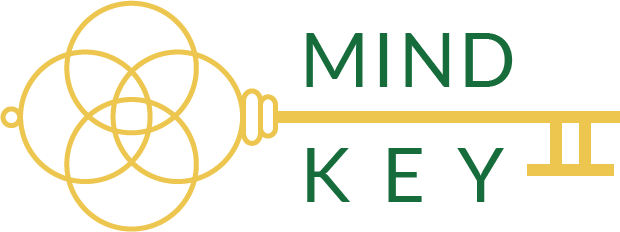
Learning should never stop: How learning supplements the ego
By Marla Funez
The common phrase, “you learn something new every day ” often gets taken for granted, especially when it comes to discussing learning and how education balances ego. However, learning is an ongoing process that continues as a person ages. The ego is a filter for how we live our lives, and it continues to grow the more you learn and supplement it with knowledge. The benefits of constantly educating yourself include better decision making, confidence in your decisions, and the ability to balancing the ego.
The ego has a strong hold on our perception of the world and therefore, how we interact with it. Even though people cannot control what happens around them, decisions can be controlled. By first having as much information possible on hand, individuals can make the best decision possible. Observation, research, and understanding the ego as the mediator for all of our decisions, will assist with making the best choice for your personal development and growth.
Gather information: The first step to balancing the ego
An essential function of the ego means weighing pros and cons and having enough information to make a balanced decision. This happens when the Id, Superego, and information obtained from learning are taken into consideration. These players in decision-making work as second nature.
For instance, the Id makes up a person’s desires. The Superego manages our understanding of right and wrong. The Ego uses information to decide the best course of action. The Ego ties them together by balancing a person’s desires, and deciding whether a specific desire is right or wrong. This decision-making process exists in everything people do, from work to play to relationships. .
As we age, the ego develops toward progressively more complex levels of finding meaning. The ego also develops in the areas of controlling impulses and navigating personal and interpersonal relationships. In a 2010 study on ego and ethical decision-making published in the Journal of Adult Development, researchers found a higher level of legal and ethical knowledge necessary for achieving a high level of Ego development.
The study examined the relationship between the Ego, Superego, and Id. One of the key areas of the study identified how these influence a counselor’s personal growth. In fact, the study determined that the older and more informed the counselors were, the more developed their ego was. This was a significant finding because of how much the ego influences decisions and it is evident throughout life. The importance brought on connecting these three constructs demonstrates the dependence they have on each other.
Incorporate knowledge: Build confidence
In addition to balancing the ego in order to balance the ego, a balanced ego can also build confidence. A 2014 study conducted with children in Korea showed how learning supplements the ego in a healthy way. Learning allows for higher intelligence, self-awareness, and an ability to work well with others. They used the term ego-resilience to indicate the ability of a subject to supercede the ego. However, self-directed learning also allows for ego restructuring. Ego-restructuring is the ability to create a highly developed ego that works via a framework which is as fluid and adaptable as life.
According to the findings in the 2014 study on Korean students, “[p]eople with high ego-resilience can respond to unexpected incidents flexibly and have a proper ability to analyze characteristics of the incidents and individual behaviors.”
Ego-resilience and how Education balances ego
Ego-resilience was shown, second to ego development, to improve decision-making. The learning and obtaining of information gives one the confidence to make well-informed decisions. As a result, learning supplements the ego.
The Ego uses learned information to guide a person’s desires (Id), and conscience (Superego), toward the most reasonable decision possible. Learning makes up the process by which the Ego can continue to grow throughout life.
The influence of learning in ego development is comparable to the ethical philosophy of influential modern philosopher, Immanuel Kant. According to Kant’s definition of autonomy and moral worth, autonomy represents the act of making a conscious decision free of human desires. This translates to the Id. Our human desires balanced by our sense of moral worth assists in the development of well-informed decisions. Kant believed the goal of learning was to supplement the Ego’s development and growth. The moment a person struggles in making a decision, the Ego will come to the rescue with the information necessary to save the day.
It is essential that we continue feeding our ego more knowledge, so it can grow and adapt with us. And so, in the end, it is through study, discipline, and learning that education balances ego.



 How learning makes decision making less cumbersome. Image by Sean David Wright
How learning makes decision making less cumbersome. Image by Sean David Wright  How learning makes decision making less cumbersome. Image by Sean David Wright
How learning makes decision making less cumbersome. Image by Sean David Wright